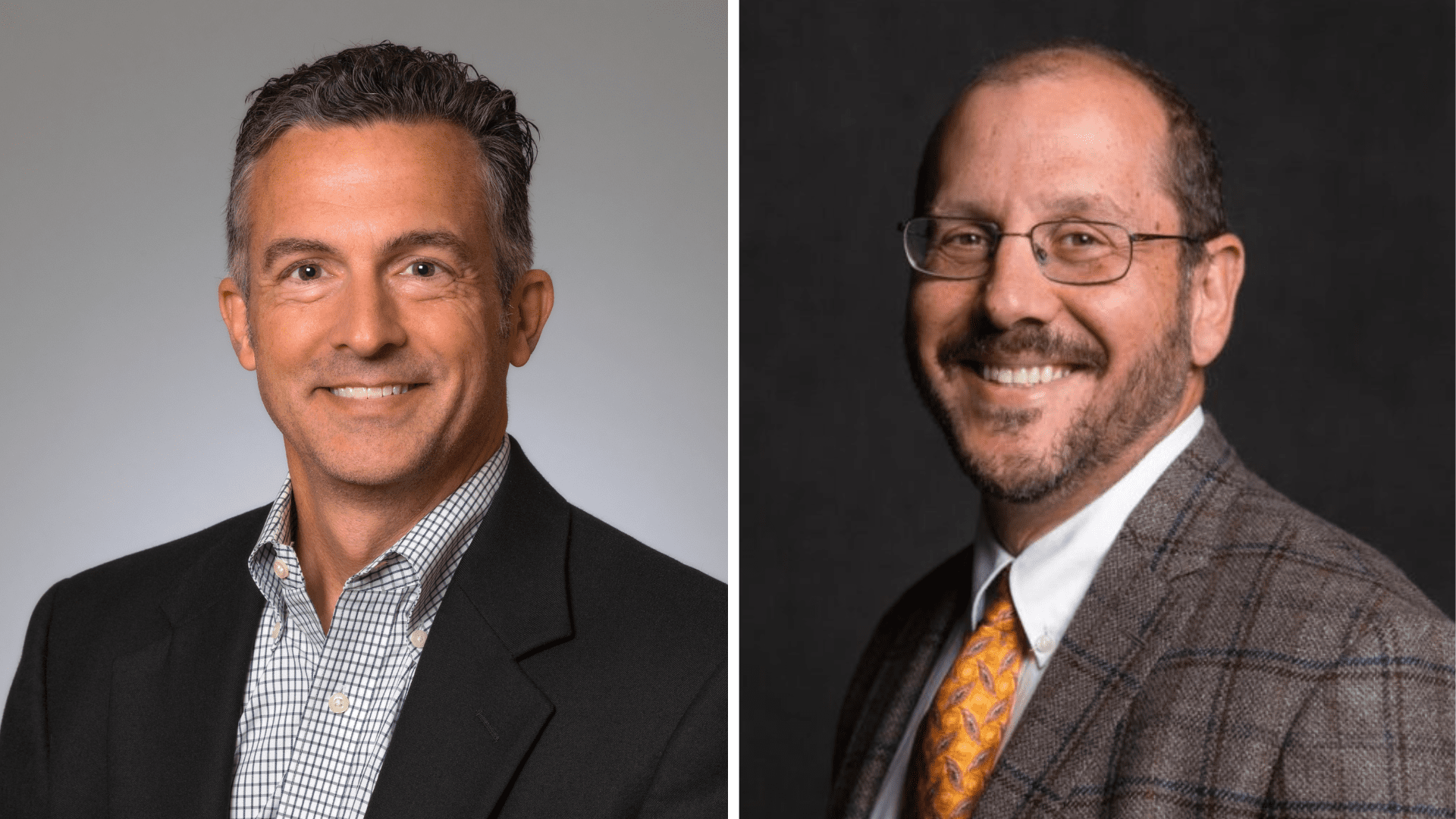UC Law SF Professors Secure Supreme Court Victory for Federal Employee Rights

Professors Scott Dodson and Joshua Davis of the Center for Litigation and Courts successfully represented a client in a precedent-setting Supreme Court case that expands access to justice for federal employees.
Professors at UC Law SF’s Center for Litigation and Courts (CLC) recently scored a major victory for their client at the U.S. Supreme Court – one that makes it easier for federal employees to get their job-related disputes heard in federal court.
CLC Director Scott Dodson wrote the winning case briefs while CLC Research Professor Joshua Davis argued live before the Court’s nine justices in Washington, D.C. The result was a unanimous opinion in favor of their client, Stuart Harrow.
Harrow, a longtime employee of the U.S. Department of Defense, spent over a decade challenging his loss of about $3,000 in pay from a six-day furlough during the 2013 government shutdown. Due to bureaucratic problems outside of his control, Harrow missed a 60-day deadline to appeal the U.S. Merit Systems Protection Board’s decision against him to federal court. The U.S. Court of Appeals for the Federal Circuit ruled the deadline was “jurisdictional,” meaning courts lack the power to bypass it.
Harrow sought help from Dodson, one of the nation’s leading experts on jurisdictional deadlines. Dodson, who has written extensively on the topic, penned a petition for Supreme Court review, helping Harrow take his case to the highest court in the land.
“CLC doesn’t usually provide direct representation, but Mr. Harrow’s case was so compelling, and the issue was so squarely within CLC’s mission and expertise, that we just had to,” Dodson said.
During oral arguments in March, Justice Neil Gorsuch telegraphed the Court’s future decision, saying: “Here we are in the Supreme Court of the United States over a $3,000 claim. I’m just wondering why the government’s making us do this.”
The Supreme Court ruled the deadline is not jurisdictional and therefore not written in stone. The CLC professors said federal employees tend to represent themselves in such cases and are more likely to make mistakes, such as missing a deadline. In Harrow’s case, notification of a long-delayed decision by the Board was sent to an old, abandoned email address. He wasn’t alerted about the decision and therefore could not file a timely appeal.
“It’s a fundamental question of access to justice: not having a bunch of strict rules that can trip up workers who often represent themselves against government lawyers who know how to work within the system,” Davis said.
Davis, who is also a shareholder at Berger & Montague PC, described the case as a David-and-Goliath-type matchup with a federal employee going up against some of the nation’s most sophisticated lawyers at the U.S. Solicitor General’s Office, which represents the federal government in Supreme Court cases. Davis said the CLC helped Harrow reshape the law and ensure that more federal employees like him will get their day in court.
“In some ways, it’s a distinctively American story that a government worker with persistence can get his case brought all the way up the Supreme Court of the United States,” Davis said.
Dodson considers it just the latest and most prominent example of CLC’s work to spread knowledge of civil litigation and the courts through academic conferences, scholarly writing, and amicus, or “friend of the court,” briefs, in which CLC offers its expertise to judges weighing important cases that can shape the evolution of law.
“We’re both honored and delighted to have obtained this result for Mr. Harrow,” Dodson said, “but it’s also a win for justice and fairness everywhere.”
UC Law SF’s nonpartisan Center for Litigation and Courts was launched in 2021 to expand knowledge of civil litigation, alternative dispute resolution, and the courts. CLC works to disseminate that knowledge to the bench, bar, legal academy, and public. It also supplies resources and guidance to members of the UC Law SF community interested in civil litigation.